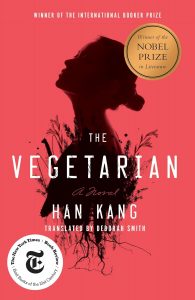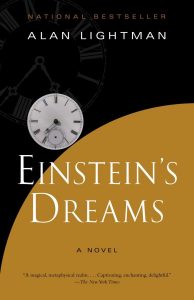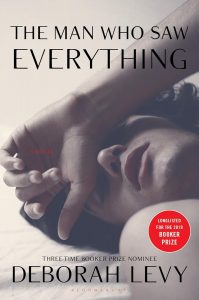It is a fortunate person who attains adulthood unscarred by the complications of childhood. Some scars are superficial. These fade with time. Others, though, cut deep and retain the heat of hurt. They inflame emotions and force the bearer to construct inner defenses needed to maintain outer control.

Yeong-hye is scathed in this way. As a girl, she survives a brutish father. As a woman, she marries a loutish man, who describes her “as completely unremarkable in every way.” Equally unexceptionable is her life. She cooks, she cleans, she yields to her husband’s priapic urges. She leaves nary a footprint on the world.
One night she has a dream, a violent, sanguine nightmare that resurrects a dormant memory of her and her older sister seeking shelter from their father in a copse of bleak woods. In the dream, she takes refuge from the darkness in a barn, only to find herself enmeshed in a labyrinth of “long bamboo sticks strung with great blood-red gashes of meat, blood still dripping down.” She tries “to push past but the meat, there’s not end to the meat, and no exit.” The next morning, Yeong-hye declares herself a vegetarian.
It is a fateful proclamation. She is surrounded by carnivores. Her husband pronounces her crazy, her father force feeds her meat, and her sister commits a horrific act that cannot be undone. In response, Yeong-hye, already a mere shadow of a being, turns further inward, her identify eventually receding so far that she is compelled to adopt another.
The Vegetarian contains a cascade of extraordinary, revelatory scenes of exploitive selfishness, sexual indulgence, and, perhaps most tragic, realization that one’s perceived strength might in fact be little more than self-protective cowardice. All are beautifully written, and in each a façade falls. The debris forms a message: A hard as it might to be truly know oneself, it is degrees more difficult to truly know another. “To thine own self be true,” advises the Bard. “Yes, of course,” Yeong-hye would reply, “but who is myself?’
The Vegetarian is a very human book, which means at times it is uncomfortable to read. If you don’t care for such emotional unease, it is not for you. But if you possess the knack, or the curiosity, for finding solace amid distress, then I highly recommend it.


